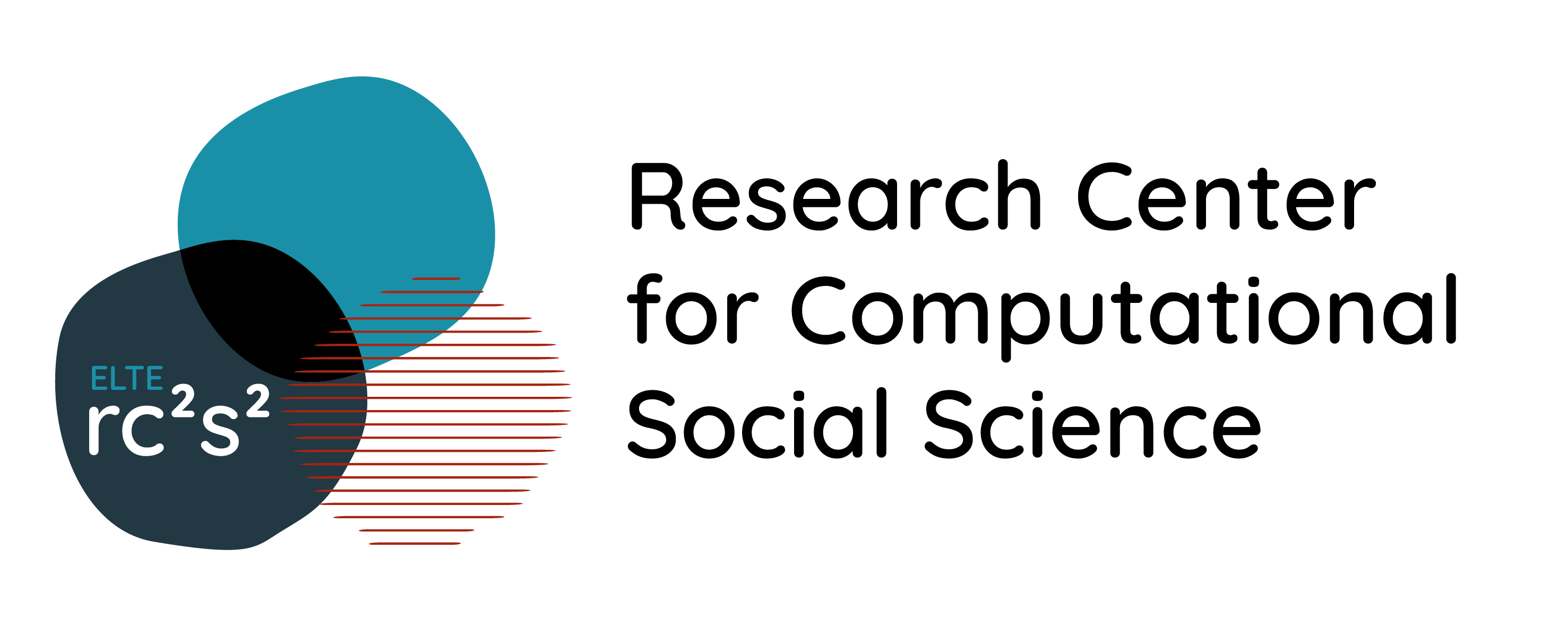Diána Bartha has a degree in Sociology from Eötvös Loránd Science University of Budapest. During her university years, her interest turned to collective memory and memory research: the memory of the Holocaust, Trianon and the First World War, and the collective memory of Hungarian society, which she linked to her studies in the sociology of religion. In the field of memory research, she dealt primarily with the problem of space, and collective memorial sites important to Hungarian society, such as Kossuth Square or even the city of Budapest. In the 21st century, collective memory spaces can arise not only in the physical space, but also in the abstract space of the media, so it has become a topic of research as well. The collective memory of societies is also closely intertwined with the topic of identity construction, so in recent years she has examined the relationship between these areas. Using the methodology of discourse analysis, she examined historical documents, text corpus available online, and political speeches. She gained practical experience in Holocaust and populism researches, at the Holocaust Memorial Center, and as a staff member at the Equilibrium Institute.


 ResearchGate
ResearchGate